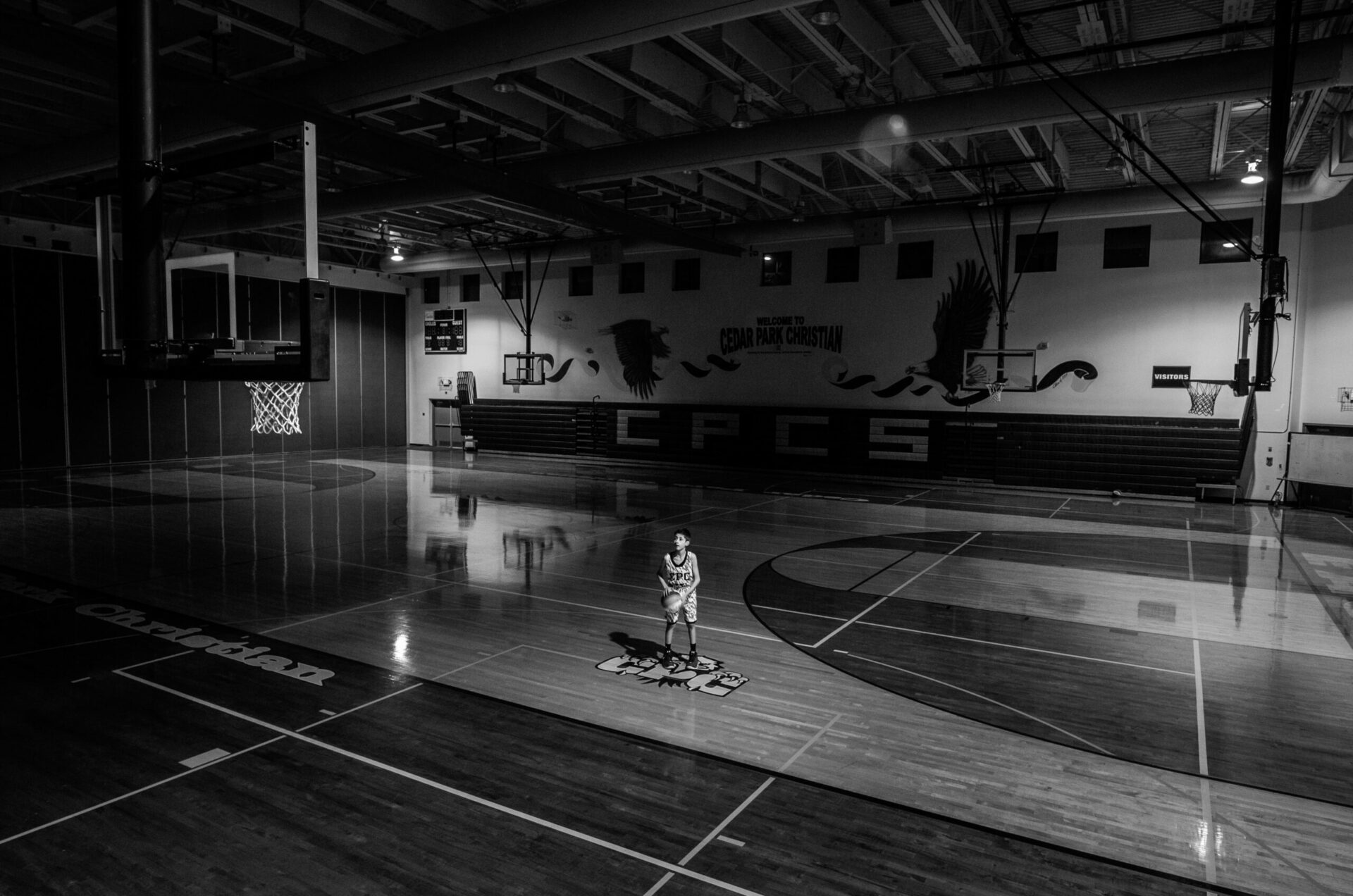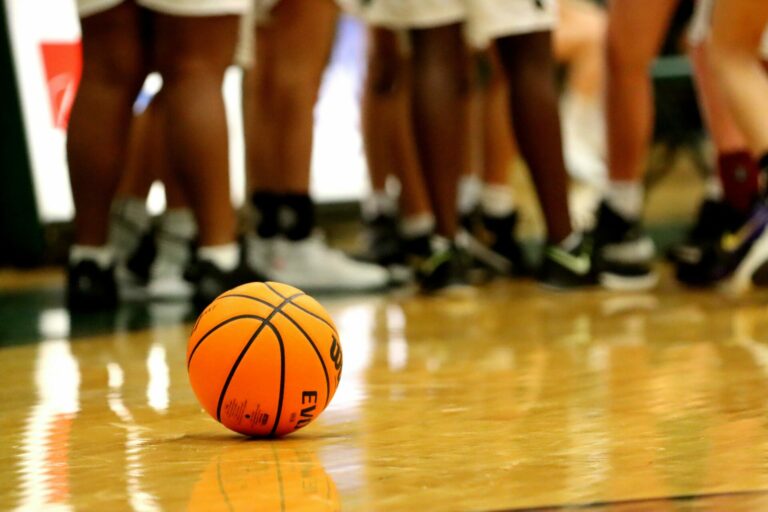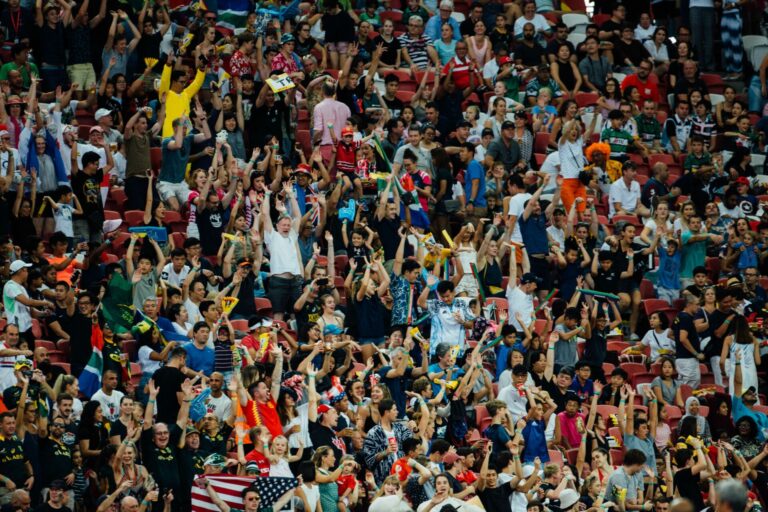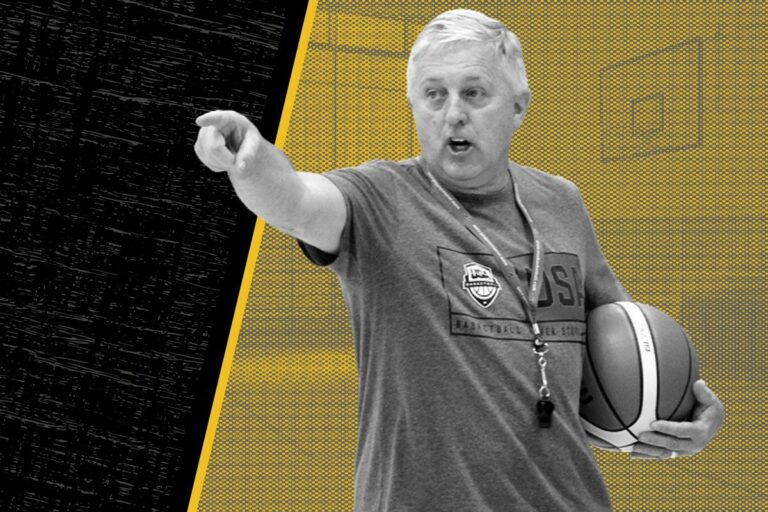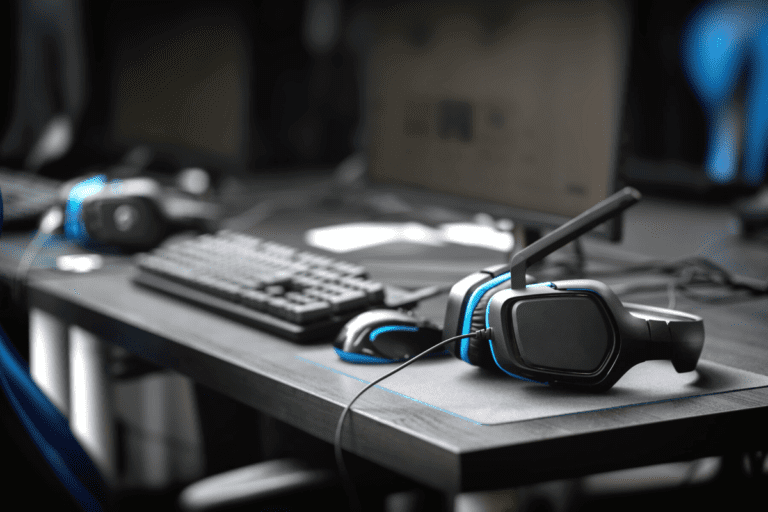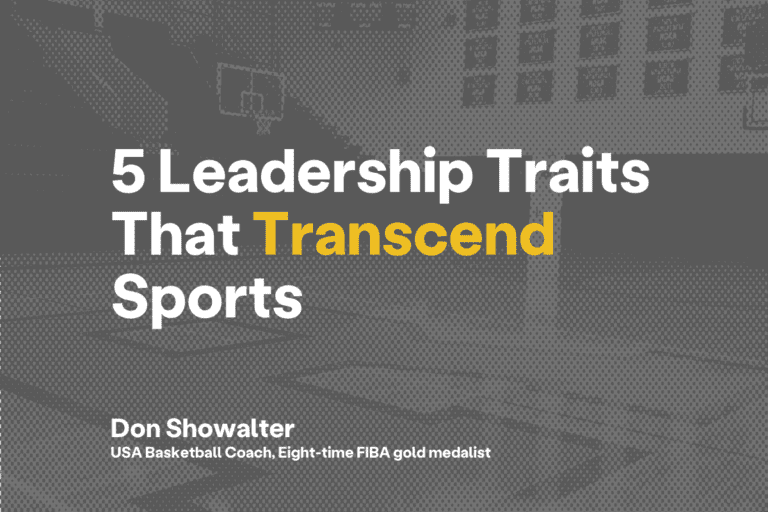NBA coach Rex Kalamain’s Leadership Lessons
- Success isn't a result of what you do occasionally, it's what you do daily. Building long-term habits is fundamental to reaching new heights.
- Modern coaching, especially at the higher levels, is more like a partnership between coaches and their players.
- Great players both motivate and are motivated by their teammates.
With 32 years of experience, 27 in the NBA, coach Rex Kalamian has a treasure trove of leadership lessons that he’s accumulated from working with some of the NBA’s all-time greats. Coach Kalamian used this knowledge to build a storied career, and led to him becoming the head coach of the Armenian men’s national basketball team. Below, coach Kalamian touches on a few of the leadership lessons that he uses to navigate the NBA.
1. Learn from the legends
I’ve been really fortunate after 25 years in the NBA to work with not only great coaches — Hall of Fame coaches — but also Hall of Fame players. Players like Kevin Garnett, who I probably learned more from than I gave him. He was great. He was intense. He was demanding from everyone around him. He was maniacal about the way he approached his day and his routine.
Same thing goes for Derek Fisher. He’s a guy who won five NBA championships. Professional, prepared, leader, winner. I coached him in Oklahoma City for a few years and I was really impressed with the detail that he was able to bring every day.
Other coaches that I’ve worked with — Scott Brooks, Dwayne Casey, Hall of Famer Bill Fitch, George Karl, and now Doc Rivers. All these guys are so, so good at what they do. Many of them will be in the Hall of Fame someday.
They’ve all influenced me in different areas. I’ve learned from each of them. What I tried to do is learn from them and implement that into my own style.
I don’t try to replicate what they’re doing, but I learned what they’re teaching and how they’re teaching it. I find my way of doing it, and that’s what I try to sell. I’ve had so many people that I’ve been able to take from.
There’s a great line that I heard many years ago: “Take from one and it’s called ‘stealing,’ but take from many and it’s called ‘research.’”
I try to do my research on players and coaches, and learn as much as I possibly can from them, especially the successful ones. Because at the end of the day, success isn’t a result of what you do occasionally, it’s what you do daily. Your habits dictate your success. The best players and the best coaches I’ve been around have the best habits. They have that success that I’m talking about because of how they work.
I’ve been very fortunate to see a lot of greatness in this league, and I’m just trying to pick up as much as I can. Even after 25 years, I’m still trying to learn on a daily basis.
Leading Edge also believes in leaders learning from each other to become better. Subscribe to our newsletter, The Edge, to get connected with a community of leaders who feel the same.
2. Encourage a culture of accountability
Russell [Westbrook] is a very unique athlete. His game is played with force, power, speed, and a little bit of recklessness, which makes him great. It’s hard to guard him because a lot of times you don’t know where he’s going, and how quickly he’s gonna get there. With a guy like him we learned it’s not going to be perfect every time, but the outcome is probably going to be favorable for you and your team.
With Russell and Kevin Durant and James [Harden], believe it or not, we thrived playing in an area that wasn’t always scripted very well. Our team was actually better because we were able to play within chaos.
A lot of teams couldn’t figure out what we were doing because everything we did didn’t look the same time and time again. That was partly due to how Russell played. And we formed a style of play that maybe wasn’t very conventional. Everybody wasn’t in the right spot every time. But we were able to grow and win a lot of games, even within a foundation of chaos.
Those three guys were definitely special players, and we knew it early. They weren’t special because they were drafted high or they had a ton of talent — they were special because of their work ethic and their ability to be coached.
Usually there’s one guy that drives the team, or maybe two. All three guys pushed each other to become great.
At the time we thought we only had one MVP candidate in Kevin Durant. Then slowly Russell started to emerge and we said, “Look, this guy is really good. He’s almost at the level of a Kevin Durant [type player].” And then soon thereafter, James Harden built himself up to become the same caliber of player.
I think those three guys had individual success because of how they started together by pushing each other.
It wasn’t only during the season — it was in the summertime. It was early June, July, August mornings when they had to get up and go over to UCLA to go shoot and work out together and stay in shape and form good habits.
Those guys really pushed each other to become great.
All three of them have had individual success in winning the MVP. Kevin Durant has become a world champion a couple of times over with Golden State. They’re all at the very top of their craft.
But for me it was a great experience because I saw them grow from kids to become leaders of their individual franchises. It’s quite an accomplishment for all three of those guys to be where they are today.
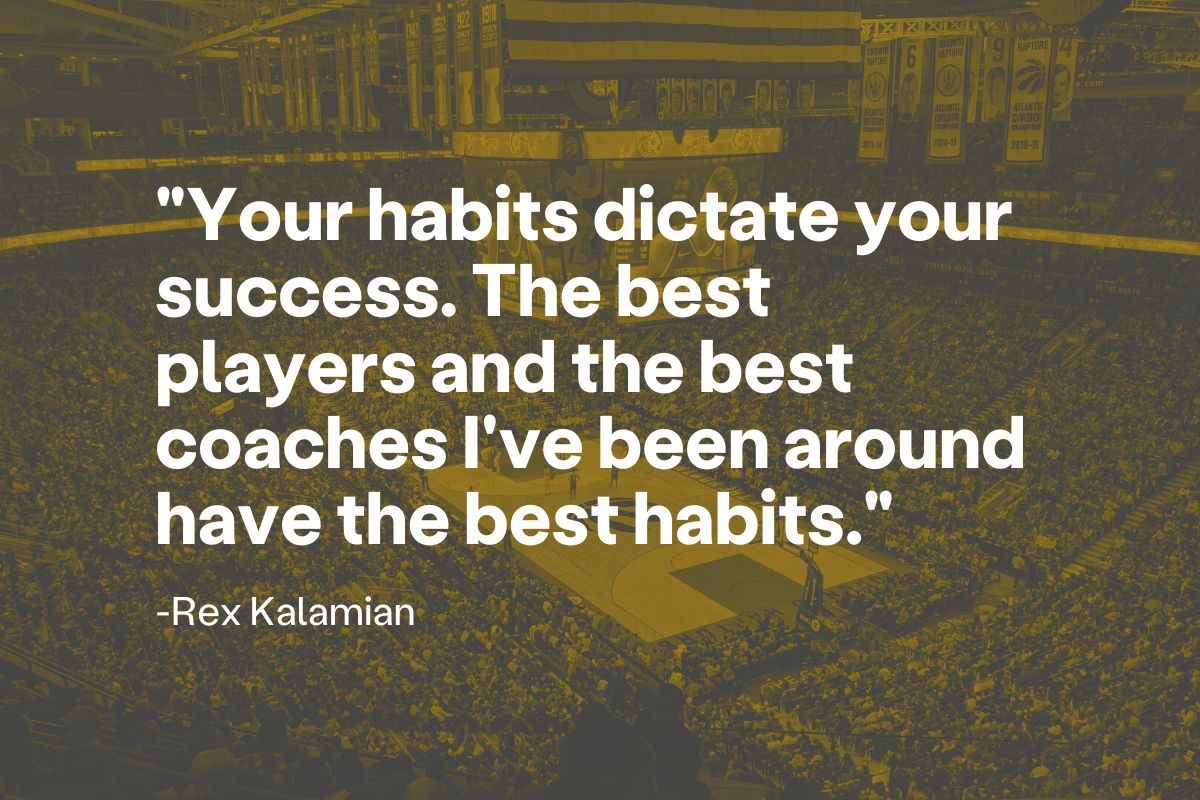
3. Treat players like partners
[While with the Clippers] I visited Kawhi Leonard this offseason in San Diego. They were short visits with Kawhi. Since I’m running the defense, I wanted to get his ideas. To me, he’s the best defensive player in the NBA. I wanted to show him some film on what we do.
I also watched some film from him in Toronto when I wanted to see what he felt on certain things — how he likes to guard, who he likes to guard on certain teams, where he feels we need to bring double teams from — just to get some of his philosophy.
A lot of people ask, “What’s the difference between high school coaching and college coaching and NBA coaching?” And I say it all the time, in the NBA it’s more of a partnership with your players.
There’s a lot of times in high school and in college where the coach runs the entire program and, regardless of what’s going on, the coach is making every single decision.
It’s a little different in the NBA. You need to listen to your players, you have to get their input on things, and you have to work more in tandem with players. That’s not to say you throw your philosophies or your ideas out. But what you have to do is listen to what they’re saying, because they’re the ones playing the game.
A lot of times when you have high-IQ players, you have to listen to what they’re saying and work that into some of your schemes.
Sometimes guys are easy to coach and sometimes they’re difficult to coach and you have to figure out ways to get to each individual guy and make it work.
But, you know, you’re dealing with men at the NBA level. They have opinions, and some are strong-willed on things. And like I said, it’s more of a partnership than anything.
Ultimately, players want to be coached. They want to be held accountable.
I think that’s true for every person in general, but especially great players. They want that. Some of them may fight you on it a little bit, but, you know, that’s your role and your responsibility as a coach to coach guys.
I also think that like at the NBA level, there’s a lot more skill work that gets done in the summertime, whereas at the college level and high school level skill work is done throughout the year.
A lot of guys now in the offseason have their own personal trainers. It’s really a year-round sport now in terms of where you could go to play pickup games, where you can go to work out, where you could go to play summer basketball.
NBA basketball just continues to evolve. It used to be you’d just play during the year and you take the summer off. It’s no longer like that. A lot of these guys are friends, a lot of them are connected through USA basketball, their agents, or growing up in the same area.
So, a lot of guys will get together and play in the summertime. Some of our players and some guys I’ve coached love to just do individual workouts, and they want to improve their skill. That’s fine, too. That’s a great way to improve.
For me personally, as a coach, I try to [connect with] each player, if I can, in the summertime — go to their hometown, work out with them, see what they’re doing, really invest in them and try to help them with their game. Not just going over and working them out, but also [bringing] them some film, talking about the game. Sweat equity goes a long way with NBA coaches in the summertime.

